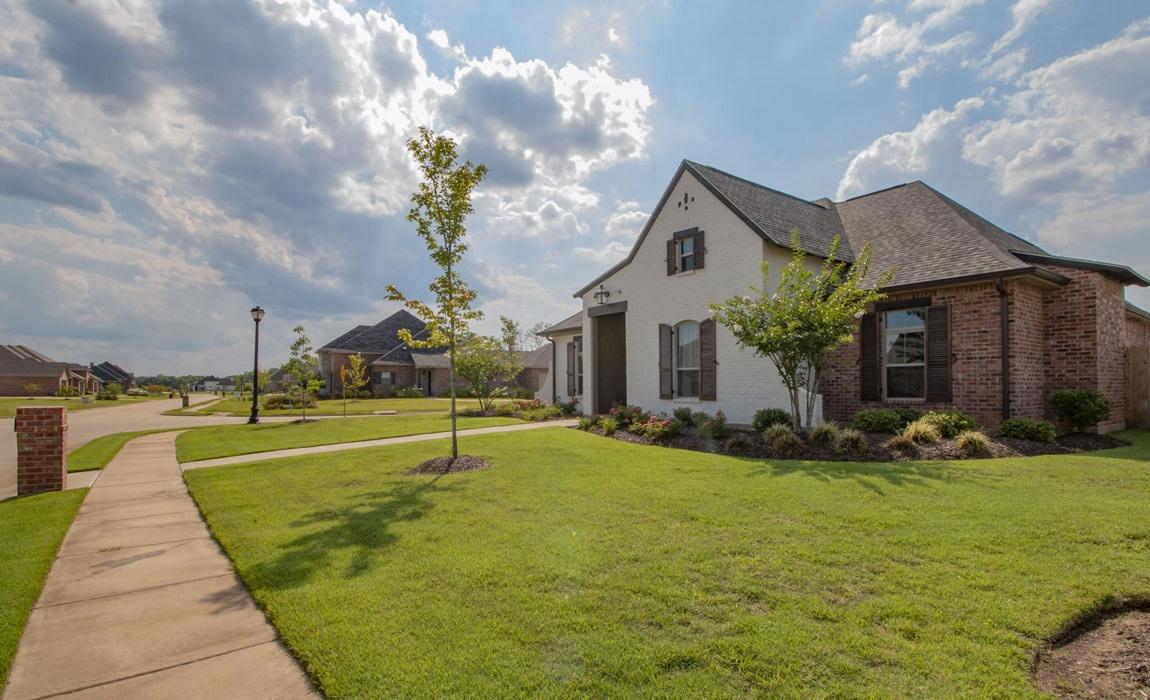Moving to a new house is an exciting time. But, unfortunately, it's also a stressful time for many people, which can be compounded by the stress of not knowing what you should consider when moving into your new home. Here are steps that will help you navigate all of these considerations so that you have an easy transition into your new place.
Price
When moving to a new house, the first thing to consider is the price. Ensure that you can afford the mortgage payments and other associated costs, such as property taxes and homeowner's insurance. For example, if you're moving from a state like Vermont or Delaware, you may be in for a surprise when shopping for homeowners insurance in Texas which, according to Ross Martin at TheZebra, is 37% higher than the national average.
The price of a new house may be more or less than the price of your current home. Therefore, it is essential to research and find out the average prices in the area you want to move to.
Auxiliary Storage Space
One of the most important things to consider when moving to a new house is storage. In most cases, the storage space available is only a fraction of what was available in your previous property and while you think of houses in terms of how many beds and bathrooms, auxiliary storage area is just as important.
For instance, does the property have an outbuilding or basement where you can store boxes and unused furniture. Alternatively an attic or even a half basement that is large enough to store things ... even if not big enough to fully walk around in might be a good option to consider.
If you have a lot of possessions and need to store them for an indefinite period, consider buying a lock-up unit close to where your new house is located. This will save on moving costs and make it easier when needing specific items from storage closer to home. A storage unit cost anywhere from $50-100/month, depending on the size and location.
Another option is to use a self-storage facility like Public Storage, which has locations all over the country. They offer a wide range of unit sizes at different price points, and you can rent by month or year.
Whichever option you choose, make sure to measure your new house's storage space and plan, so you don't end up with too much stuff crammed into every nook and cranny.
Drainage System
A drainage system is an important consideration when moving to a new house. The design should handle the amount of water your property will generate, whether from rain or melting snow. Make sure you ask about the drainage system before buying a home and factor in the cost of any necessary repairs or updates.
A sound drainage system has the following features:
- Adequate drainage to prevent water pooling and seepage.
- Flow rates large enough for the volume of rainfall in your area or acceptable methods for melting snow.
- Sufficient capacity to handle any additional runoff due to landscaping changes you make after moving into your new house
Proper grading so that stormwater flows away from the home's foundation rather than toward it. This will minimize the potential damage caused by erosion or flooding, particularly when heavy rains coincide with a high water table.
A well-maintained drainage system can add years to the life of your home by preventing moisture damage and can also save you money on your insurance premiums.
Maintenance Costs For Landscaping
When people prepare to sell a house it is common to install flowering plants and add other items to enhance curb appeal. Many folks though don't consider the cost to maintain that work and so a year or so later it atrophies or costs unexpected money. The flip side of this however, is that some older houses that you might be looking to buy and fix up will require significant investment to make the home's exterior beautiful. This creates it's own unique set of expenses but provides you the opportunity to design a landscaping plan that will save you money in the long term due to lower maintenance costs and sustainability benefits such as lower water consumption.
Location
The location of your new house is an essential factor to consider. In addition, you'll want to think about things like the surrounding neighborhood, public transportation, and schools in the area. If you have children, you'll want to ensure that the new house is in a safe neighborhood with good schools.
Conclusion
Moving to a new house is a fascinating prospect. When you get the keys to your new home, all of a sudden, there are so many more possibilities for how you can spend your time and what projects you will complete in that space. It's essential to consider some things before taking on this big step, though.

